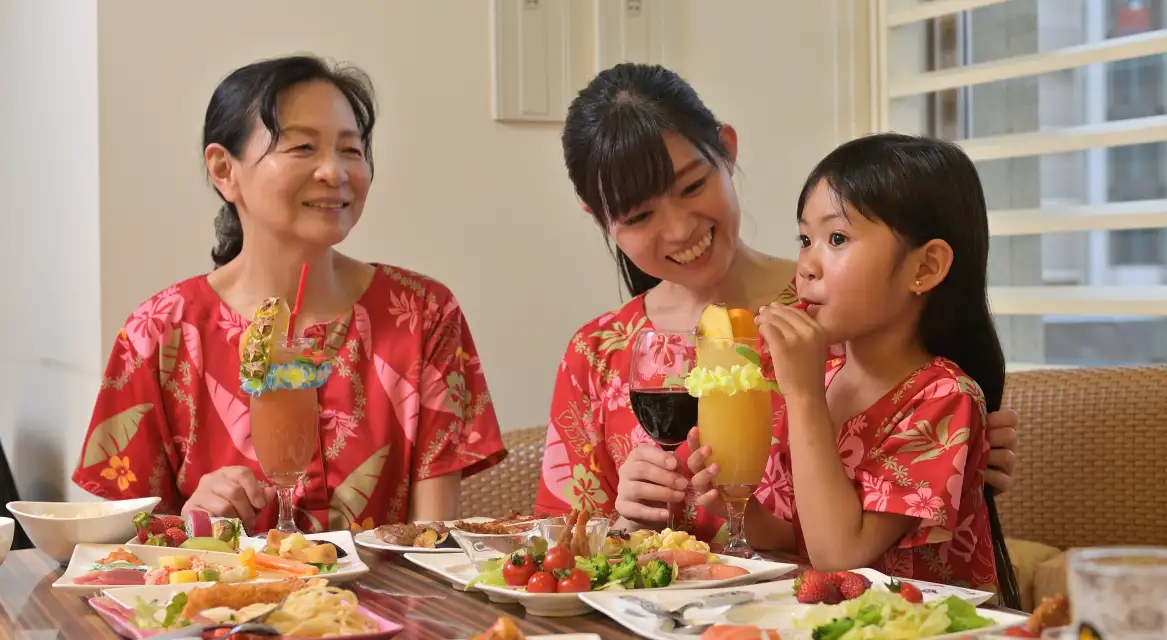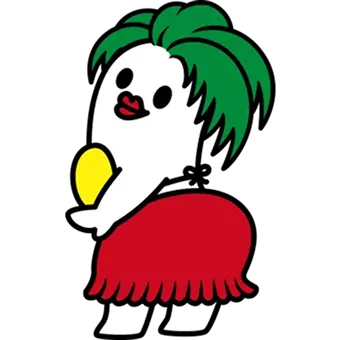
Today's Opening hours
09:30~21:30
Today's Opening hours
09:30~21:30
Today's Opening hours
09:30~21:30


Supported by the abundant flow of Iwaki Yumoto Onsen
Six theme parks. Enjoy in any way you like.

"Staying overnight will increase your enjoyment"
A special experience exclusive to our guests.
The traditional culture of Hawaii and Polynesia
Enjoy the powerful live music and dancing.

"Hot Spring Large Bath Palace" where you can enjoy various hot springs,
The large open-air bath, Edo Jowa Yoichi, is filled with Edo atmosphere.

2025.12.30
GoTo PASS new membership campaign!
2025.12.25
Information regarding day-use parking during the New Year holidays
2025.12.23
Three of Japan's leading leisure facilities collaborate: "Yomiuriland", "Fuji-Q Highland", and "Spa Resort Hawaiians" hold "NEXT60 Joint Declaration" ceremony
